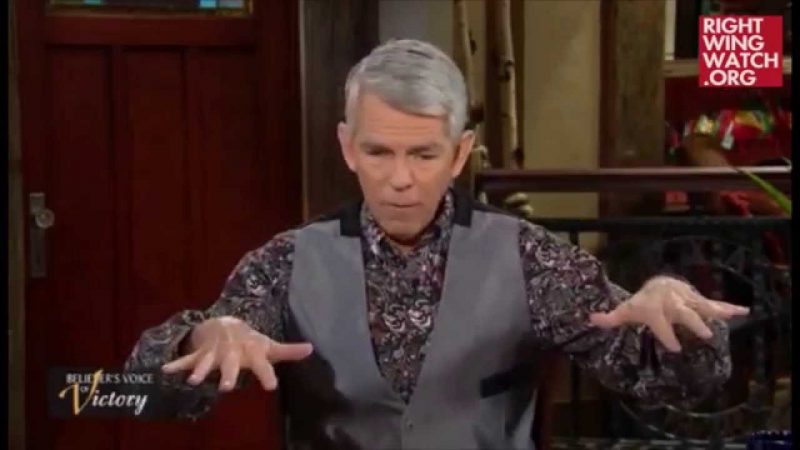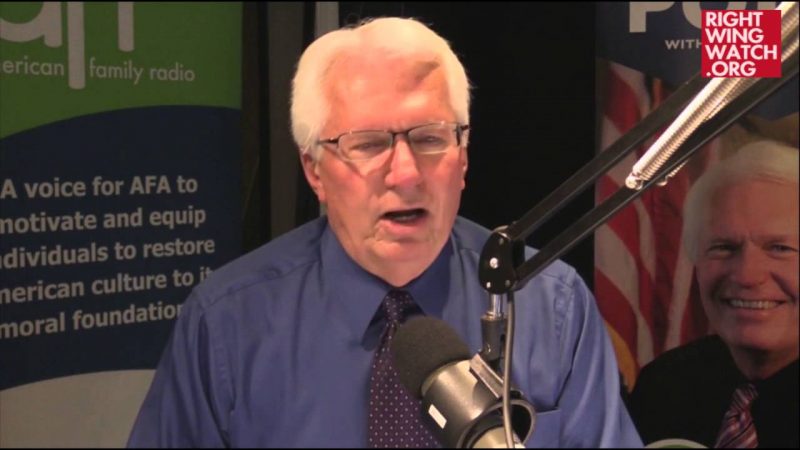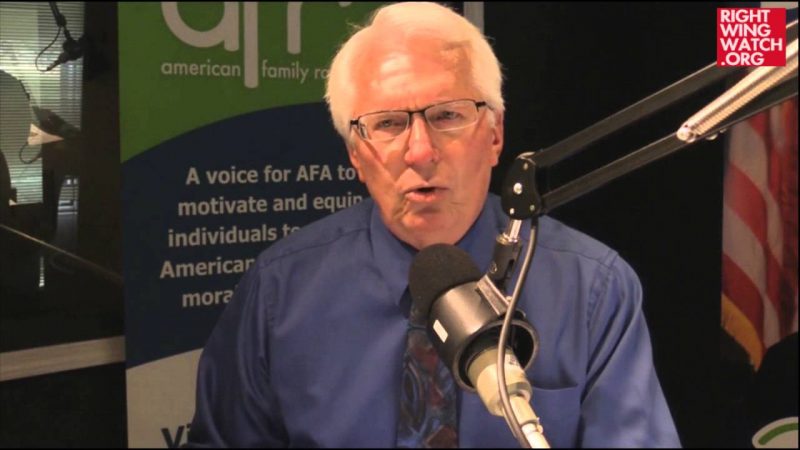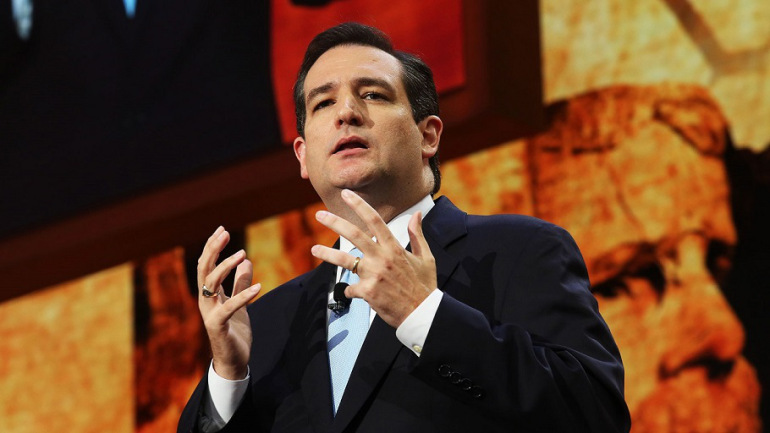It is no secret that Richard Land is committed to Fred Thompson’s presidential campaign and has been from the very beginning and has been Thompson’s primary defender as his campaign hemorrhages support among Land’s right-wing allies.
Yesterday, he uncorked a long and rather convoluted “hypothetical” ethical dilemma that serves to make his case for Thompson without ever mentioning him by name and suggesting that those who are refusing to back Thompson will shoulder the blame when a Democrat gets elected.
Here is a guide to understanding the following passage from Land’s column:
- Substitute “Mike Huckabee” or some idealized right-wing candidate for all mentions of “Candidate Baker”
- Substitute “Fred Thompson” for all mentions of “Candidate Jones”
- Substitute “Rudy Giuliani” for all mentions of “Candidate Smith”
- Substitute any of the Democratic candidates for the “candidate 100 percent opposed to their values.”
[C]onsider a much more complicated scenario in which voters with a particular worldview are facing a decision about which candidate to support in a field where there is Candidate Baker, with whom the voters have 100 percent agreement on moral issues; Candidate Jones, with whom the voters have 80 percent agreement on moral issues; and Candidate Smith, with whom the voters have 10 percent agreement on moral issues.
This slate of candidates does not provide a clear choice between two starkly contrasting candidates. Instead, the voters are faced with a more complex choice among several candidates. In fact, the candidate the voter has the most in common with (Candidate Baker), may be the weakest candidate across all voting blocs.
Thus, you have a scenario in which the voters are faced with supporting a candidate they agree with 100 percent of the time while fully recognizing the fact that in supporting Candidate Baker, they will help insure the success of another candidate they agree with on moral issues only 10 percent of the time (Candidate Smith), and the defeat of a candidate they agree with 80 percent of the time (Candidate Jones), as well as their “first choice” (Candidate Baker).
However, if they choose to vote prudentially for Candidate Jones (80% agreement), there is a very good chance that their support might insure the defeat of Candidate Smith (10% agreement) and the victory of Candidate Jones (80% agreement).
If they know this and still vote for Candidate Baker, do they become morally responsible, at least in part, for Candidate Smith’s win? Also, in the general election that follows, voters would be faced with the grim choice of not voting, voting for Candidate Smith (10% agreement), or voting for a candidate 100 percent opposed to their values.
In such a hypothetical scenario, if they choose to vote for candidate Jones in the primary, are they choosing the lesser evil—or the lesser good?
Is it more moral to choose prudentially to vote for the candidate who agrees with them 80 percent of the time on moral issues (Candidate Jones), knowing their support will insure that candidate’s victory, thus giving the nation a choice between someone they agree with 80 percent of the time and a person they don’t agree with at all?
Most ethical systems contend that a person has a responsibility to take expected, even if unintended, consequences into account in their decision-making process.
Here is THE question: Borrowing from the philosopher Voltaire, does a person make the perfect (Candidate Baker) the enemy of the good (Candidate Jones), and thus help insure the least desirable outcome (the victory of Candidate Smith)?
This is an ethical exercise that may or may not find real application in the lives of Evangelical voters during the upcoming primary and general election cycles.
Do we choose the “best” candidate (Baker), knowing this may result in the ultimate triumph of the greater evil (the candidate you agree with 10% of the time)? Or do we choose the lesser evil —or lesser good—of supporting the more viable candidacy of the person we agree with 80 percent of the time (Candidate Jones)?
Most religious, and many secular, ethicists would say that one should at least take such questions into consideration before making a final decision.
This is clearly a question of individual conscience. Each person must make this decision for himself or herself, praying for God’s guidance and direction.








